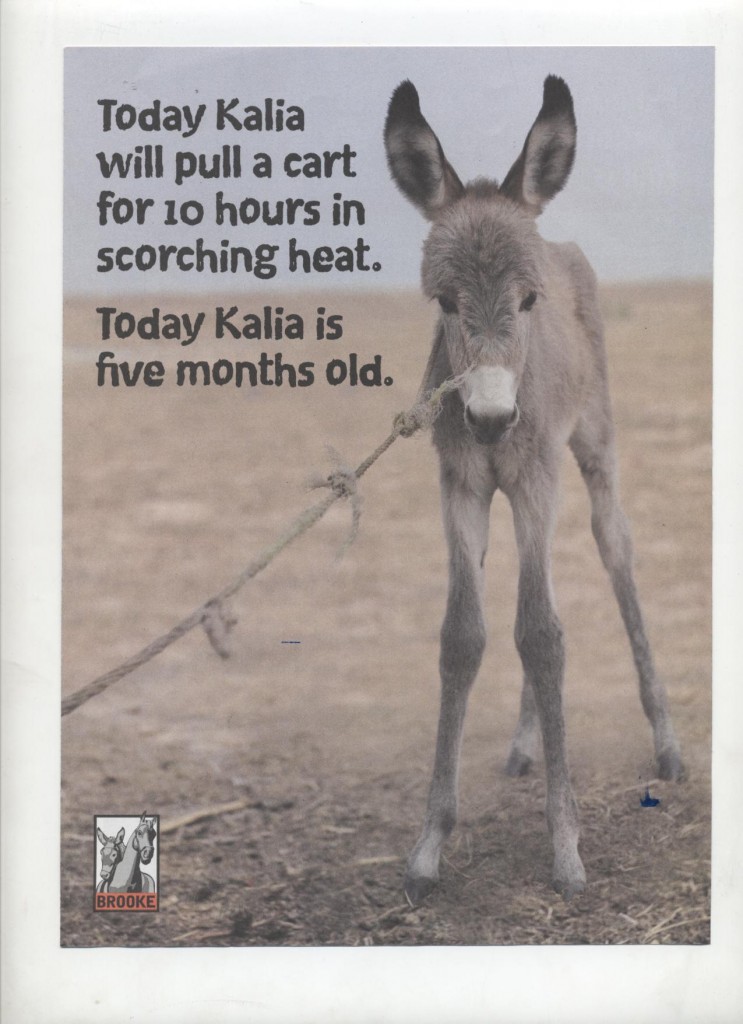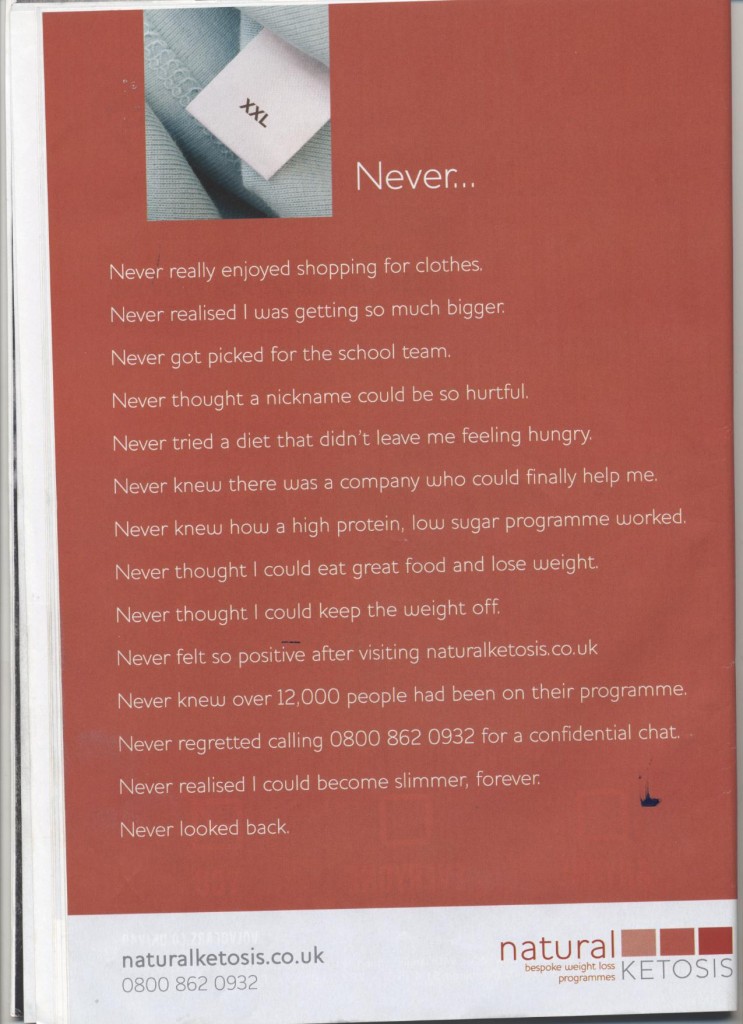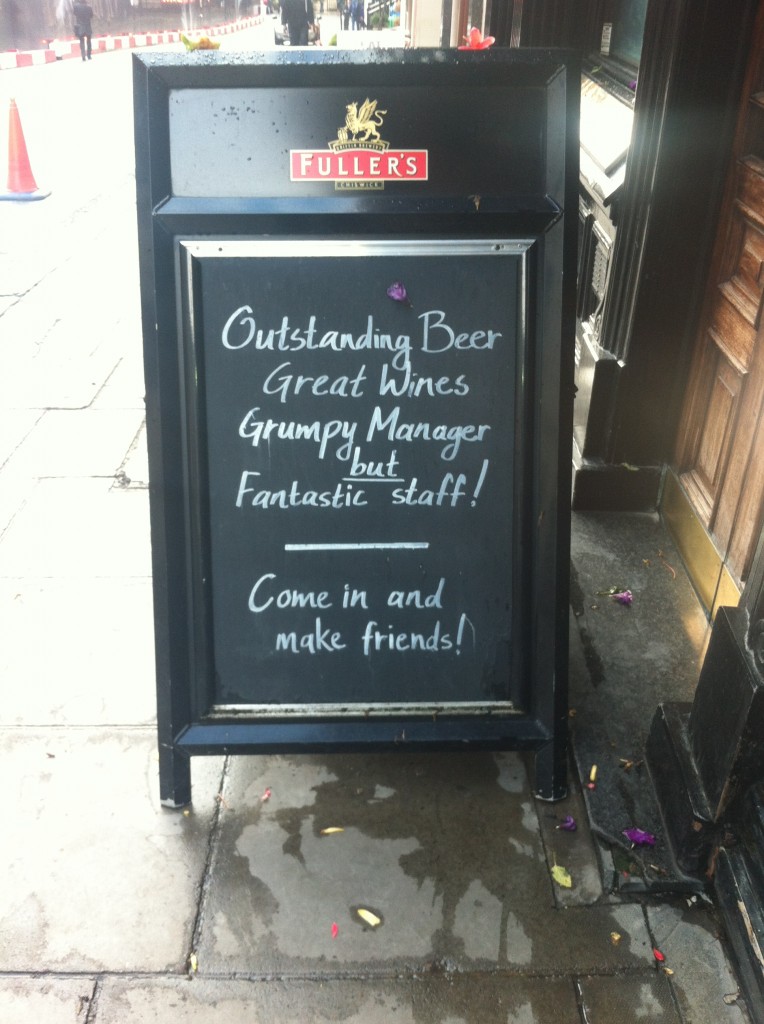“You can observe a lot just by watching” – Yogi Berra





 When I started out in advertising before the dawn of history hardly anybody even knew what a copywriter was – let alone wanted to be one.
When I started out in advertising before the dawn of history hardly anybody even knew what a copywriter was – let alone wanted to be one.
Now a pretty constant stream of people ask me how to become a copywriter. The reason, I think, is the internet. Previously you had to join an agency or an advertising department to become a copywriter. And even then you weren’t that likely to acquire good habits.
By good habits I mean learning the difference between what makes money and what doesn’t. Most agencies, just as now, were more interested in pleasing their immediate market – clients – than whether something sold or not.
Awards schemes were another curse. That which pleased the judges won. Few people are less like the average customer than those who work in agencies and hardly anybody measured the results, so these were useless from a commercial point of view.
But anybody can write whatever they like on the internet. They are all told by the online crooks that they can write a book, or make a fortune or get zillions of friends who will give them money and other moonshine.
You soon learn this is not true unless you are unusually gullible. You know your results within hours. It’s an accelerated course in business reality.
If you want to do better, studying advertisements helps. Above we have one that is utterly brilliant – with the donkey – because it tugs at the heartstrings. Then we have one that is very good, the sign outside the pub. It makes you smile and makes a promise.
We also have two that are rather strange. What has cricket to do with investing? Maybe somebody said “I bet our prospects are the kind who like cricket”. The firm’s name is easily explained: amateurs just love word-play – “Prophets – profits, geddit?” That firm was set up in the good old days, 12 years ago. I doubt if this will help in these tricky times when investors are find it so hard.
As for the other one, a meaningless headline and a chameleon. What can you say? “Clueless” is one suggestion.
Then there is one I am not entirely sure about, all text with a one word headline. I wager it is a flop, but I may be wrong; that is why wise marketers test.
Hardly any do, though – any more than they did when I joined the business. If anyone reading this wants to get better at writing copy, take a look here.
Drayton,
On behalf of our American colleagues, especially Internet Marketers, may I suggest placing the word “monetization” in brackets after the word “commercial” or “commercialisation” when not used in reference to television spots?
They appear not to understand the term. :/
John
I love ad examples – thank you, Drayton! I actually like the ‘never’ ad. There are some ‘fatal flaws’, I think, like the total lack of a call to action, but it’s clever without being cheesy, and I think they make their point well. At least, they do a good job of bringing up pain and then resolving it with the ‘programme’. I’d love to know how it performed.
I thought so too, Emily… both about the “Never” ad and the call to action.
And the bar sign definitely made me smile. I must admit I didn’t even read the others. Too much text scares me.
oh wow
Thought the pub sign was great. It would have had me walking through the door. Saw something similar which said “Customers Wanted. No experience required. Must be over 21. Full training given. Hours available everyday. Must have money and be willing to experiment.as copy goes it may not be brilliant but I would give them 9/10 for humour.
What a coincidence! The pub sign I showed is in St. James’s, London – round the corner from where I will be in a few hours at the drinks reception before my EADIM event.